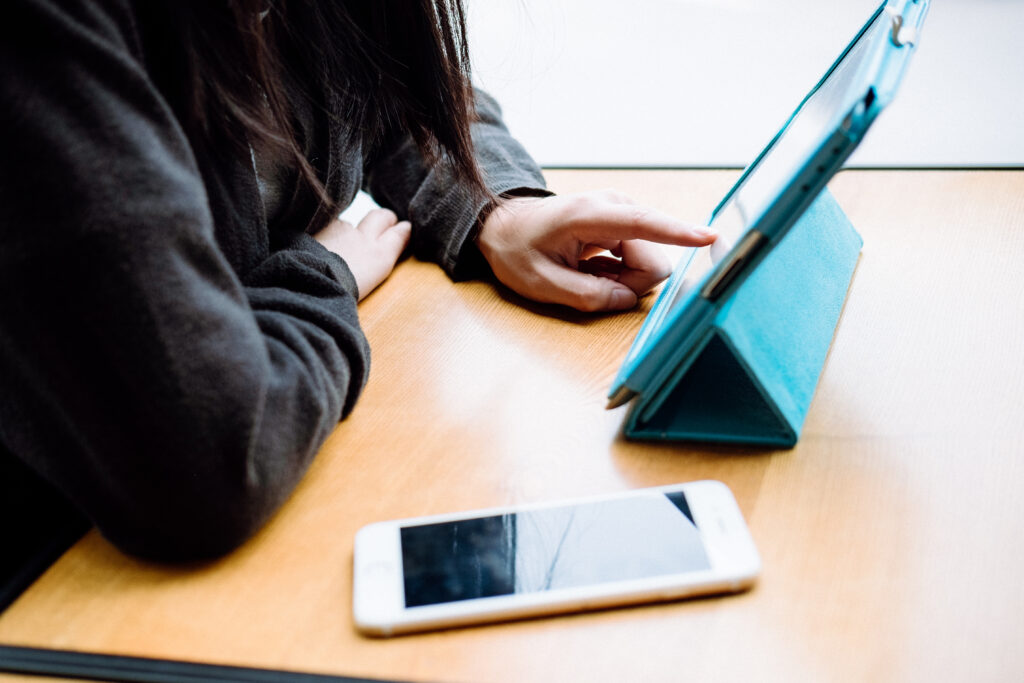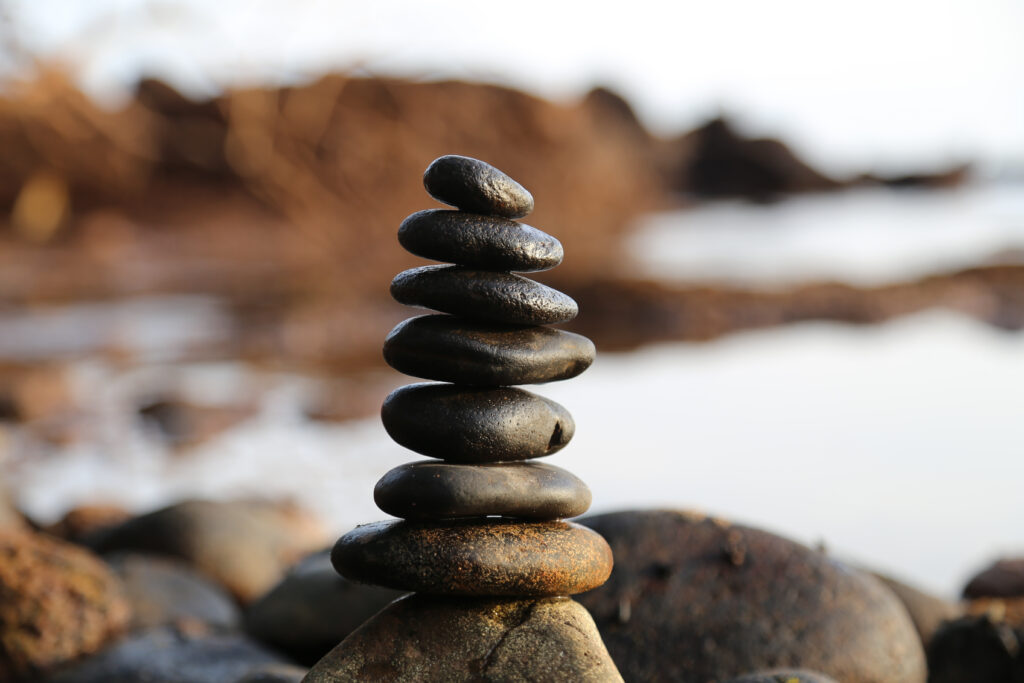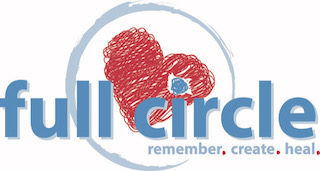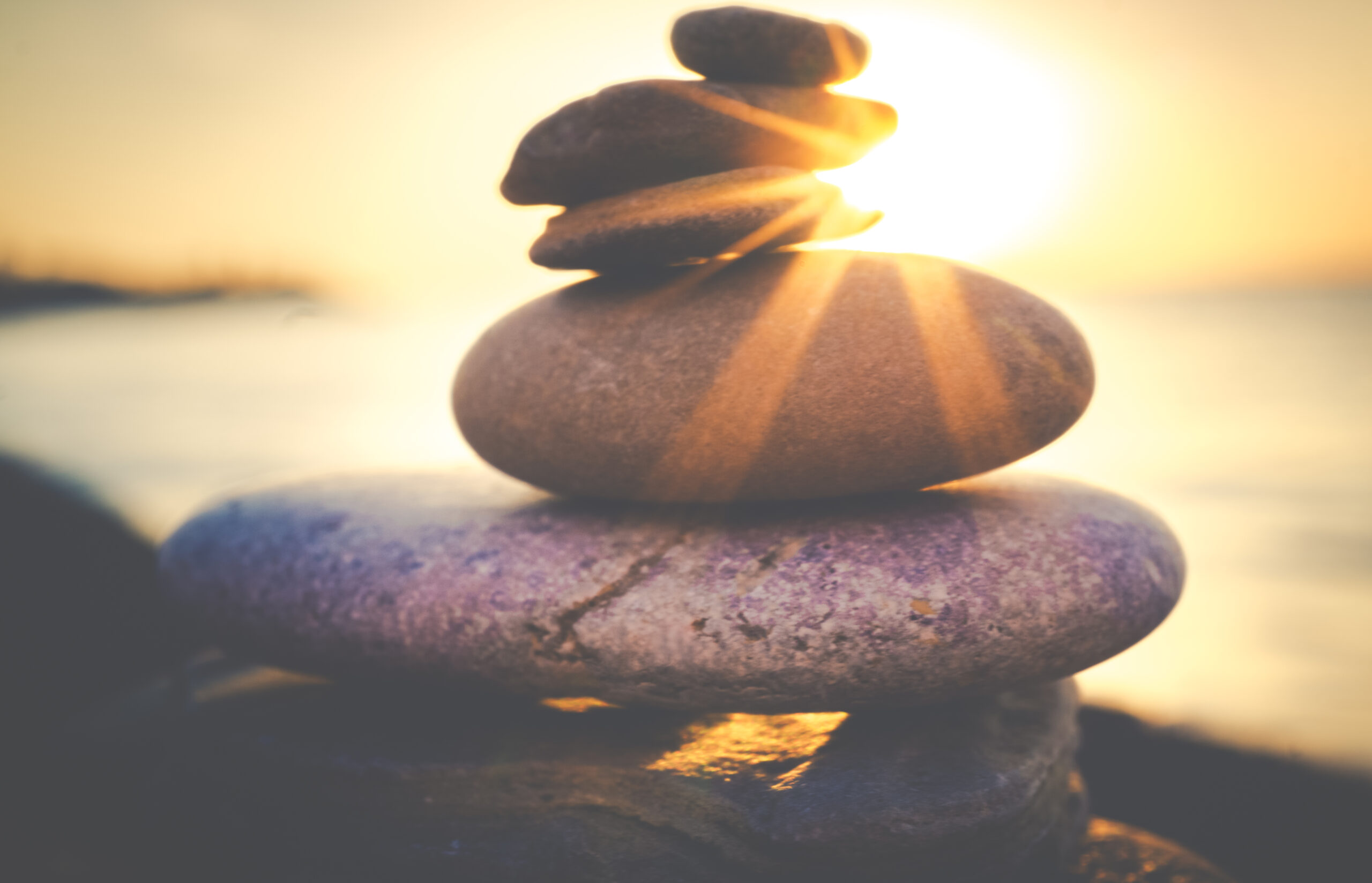By Carrie Schaeffer, LCSW, Perinatal Bereavement Services Manager
“We human beings are social beings. We come into the world as the result of others’ actions. We survive here in dependence on others. Whether we like it or not, there is hardly a moment of our lives when we do not benefit from others’ activities. For this reason, it is hardly surprising that most of our happiness arises in the context of our relationships with others.”
― Dalai Lama XIV
Around the world, many are doing their part to “flatten the curve” or stop the spread of COVID-19 by staying home and practicing social distancing. Though this practice is very important for public health, the lack of social interaction can leave individuals feeling lonely, isolated and sad especially given the uncertainty of how long we will be living this way.
For those who are bereaved, the secondary loss of social interaction and support can amplify feelings of grief. So, the question becomes, how can we stay connected to those we love and to the outside world while we practice social distancing?
Embrace Technology
Technology, for better or worse, is a part of our lives. Embrace it during this time and find endless ways to connect with others.
- Social media: Connect with friends and loved ones far and wide through social media apps like Facebook and Instagram. Post pictures of what you’re doing during the day and find out how others are passing the time. Or, join a new interest group on Facebook (“Knitting Club,” “American Car Nostalgia,” “Cinema Café Movie Fan Club,” etc.) and connect with others around a shared interest or hobby.

- Video conversations and conferencing: Using an app like FaceTime or Google Duo allows you to connect in real time with others in a deeper, more intimate way as you can see facial expressions, read emotions and share an increased sense of presence with the ones you’re talking to. Companies such as Zoom are offering free video conferencing during the COVID-19 crisis so you can talk to multiple friends or family members at once. Use these tools to host a video book club meeting, share a virtual meal with friends who are scattered, or let your child play a board game virtually with other friends.
- Good, old-fashioned phone conversations: Keep things simple and check in on friends and family members through a phone conversation. A brief conversation with someone you care about can help you feel less isolated and less alone. Choose a time during the day when you can check in on one another for a few minutes. Or, choose a book to read or a movie to watch and discuss it the next time you talk.
- Online support: If you are grieving a loss, seeing a counselor or attending a support group is not possible in person but you can find support online. Many agencies, including Full Circle, offer face-to-face grief counseling using interactive video. Similarly, online support groups are being offered through many different platforms and organizations.
Use Your Surroundings
Gyms may be closed but getting outside into the fresh air can renew your spirit and bring human connection back into your life.

- Take a walk or a bike ride. Break up your day indoors with a walk or a bike ride. While staying a safe 6 feet away from others, you can smile and share a few words of encouragement with neighbors and community members.
- Chalk Talk. Use sidewalk chalk on your street or sidewalk to leave words of encouragement, jokes, and doodles for others to enjoy. Or, put artwork in your windows that others can see as they stroll.
- Check in on your neighbors, especially those who are elderly or working long-hours in healthcare or food service. If you’re able to, drop off needed goods on their stoop or porch and save them a trip to the store.
Practice mindfulness and gratitude
Connecting with yourself can also help you restore peace and reduce stress.
- When you can be outside, be still for 5 minutes and pay special attention to what you hear, what you see, and what you hear.
- Put some thought into what you feel thankful for. Maybe it’s a memory of someone you’ve lost. Maybe it’s for increased time with your family. Maybe it’s for your health. Maybe it’s for the people in your community who are called to help in times of crisis. Here is a guided meditation if you need help getting started: https://www.youtube.com/watch?v=UhF8vLesRRc

- Keep a journal and note some high points and low points in your day. Start by just jotting down a few thoughts if it’s hard to get started – with frequent practice, journaling becomes easier and can help you feel connected to yourself and anchored to memories.
We are physically distant from one another during this uncertain time, but this does not mean that we must be disconnected. The bonds that connect us as humans are strong and ever-lasting.
“People who love each other are always connected by a very special String, made of love. Even though you can’t see it with your eyes, you can feel it deep in your heart, and know that you are always connected to the ones you love.”
— Patrice Karst, from The Invisible String

